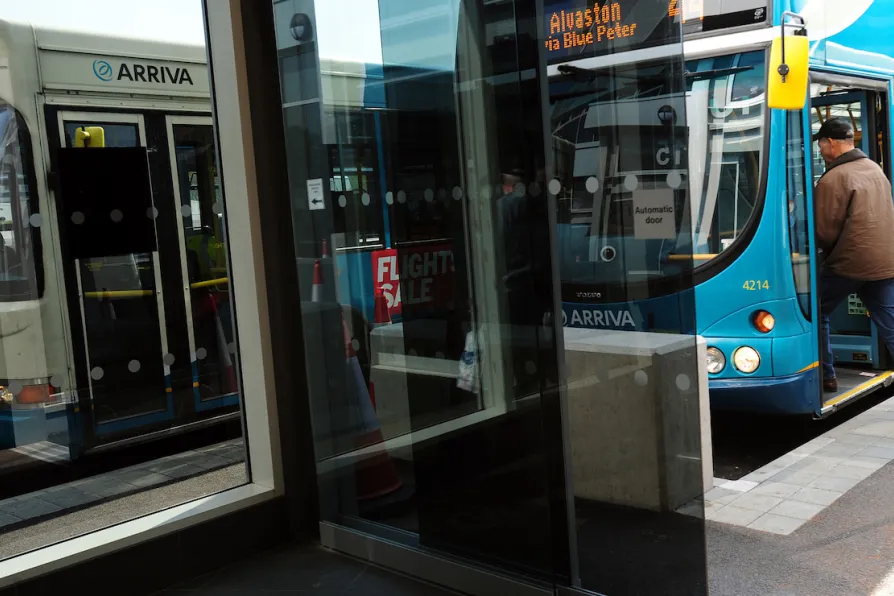
 A passenger boards an Arriva bus in Derby.
A passenger boards an Arriva bus in Derby.
HALF of all bus workers have experienced abuse in the last two years, research by transport workers’ union RMT has revealed today.
The report, released on International Workers’ Day, found that the most common form of abuse was verbal, although one in five said that they had been spat at.
And more than 10 per cent experienced some form of physical assault.
Other forms of abuse included racial harassment, sexual assault and threat of violence, according to the survey of almost 700 bus workers.
Some eight respondents said that a weapon was involved in the assault they faced.
Virtually all those who suffered abuse said that they did not get any support from their employers following an incident, according to the union.
Nearly half of respondents said that they did not report incidents of abuse at work as they did not think the employer would take them seriously.
And 90 per cent said they did not take any time off following the abuse.
More than 47 per cent said that their employer did not share a workplace violence risk assessment with them, while nearly 70 per cent did not have a violence reporting procedure explained to them.
One RMT member said: “The mentality from management is that it’s just part of the job unless it’s a really serious assault and will affect passengers’ opinion of company reputation.”
RMT general secretary Mick Lynch said: “The survey results are an outrageous indictment of privatised bus companies and the government’s failure to fund services properly.
“Those decisions impact directly on our members being able to work safely, as this survey shows.
“Lots of abuse and violence originates from the frustrations of passengers who are either running late, herded onto crowded, low-frequency services on clapped-out buses, or charged too much money in fares.
“Any abuse towards staff should not be tolerated and all instances of abuse should be followed up appropriately.
“Staff should feel supported instead of being fearful that they will be blamed for the incident.”
Bus drivers across Britain took strike action last year to demand a pay rise in line with soaring inflation and the cost-of-living crisis, as well as difficult conditions they faced during the coronavirus pandemic.

Home Secretary Cooper confirms plans to ban the group and claims its peaceful activists ‘meet the legal threshold under the Terrorism Act 2000’

















